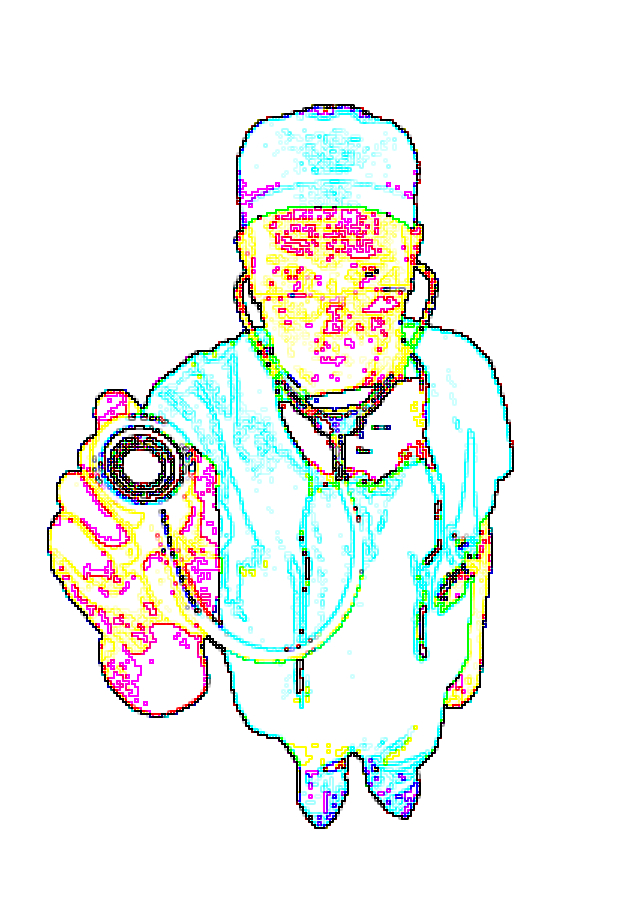Forums don't match physicians in age of digital diagnosis
 Unvalidated and often utterly baseless health information spurted on online forums is putting people at risk, a new study says.
Unvalidated and often utterly baseless health information spurted on online forums is putting people at risk, a new study says.
A review of nearly 600 posts in a range of online health communities (OHCs) led by Melbourne University’s Dr Reeva Lederman found there are thousands of places for people to share health information with others in a similar condition, but the help they get is very questionable.
“Medical consumers are not just using the online community as an adjunct to conventional medical care, but many have moved their regular doctor out the equation altogether,” Dr Lederman said.
The study used 12 different medical conditions from lung cancer to chronic diseases such as high blood pressure as examples of things people might seek help for online.
The research uncovered some significant findings about trust formation online.
Users of these sites put a significant weight on what was called the Contributors Literary Competence - measured by punctuation, grammar and expression.
“Testimonies on online health communities like Patients Like Me, show patients using this site have a diverse range of conditions of varying severity, but none of them use the word “doctor” in talking about who helped them solve their medical problems,” Dr Lederman said.
“They talk about the support they have received from other members of the community, of the range of tools on the site that they can use to track their progress. They look for specialists in the area of their condition with the help of other lay members of the site.”
While a contributor’s literacy may demonstrate a certain level of general education, it does not in any way support their ability to give sound medical advice.
“We need to expand work in demonstrating best practice for OHC sites and how they can work with systems that provide quality professional advice,” Dr Lederman said.
OHCs can play an important role in creating a community for sufferers of health conditions, particularly where these conditions are chronic, isolating or stigmatising. However, while online lives are expanding in all areas, acting on online medical advice can have much more serious consequences than other online activities.
“It is a basic principle of medical care that treatments need to be individualised and small differences in patients can be very significant to outcomes. This is what is missing from OHCs,” she said.







 Print
Print